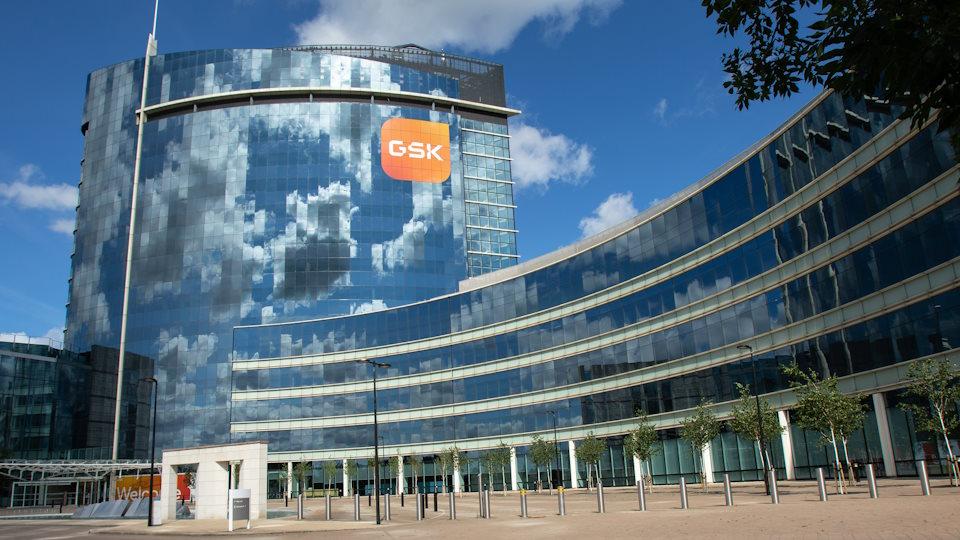Is GSK’s Blenrep heading for a renaissance?

A year after GSK pulled its BCMA-targeting antibody-drug conjugate (ADC) Blenrep from the US market as a later-line therapy for multiple myeloma, there are signs that the drug may still have a role to play earlier on in the treatment pathway.
The pharma group reported top-line results from the DREAMM-7 study this morning, showing a greater benefit for Blenrep (belantamab mafodotin) compared to Genmab and Johnson & Johnson’s anti-CD37 therapy Darzalex (daratumumab) – both given on top of Takeda’s Velcade (bortezomib) plus dexamethasone (BorDex) – when used as second-line therapy.
Blenrep extended the time to disease progression or death as well as overall survival (OS) compared to the Darzalex regimen in the study, which has now been unblinded on the advice of its independent data monitoring committee.
GSK had great expectations for Blenrep after its accelerated FDA approval in 2020 as a fourth-line or later treatment for multiple myeloma, which came crashing down with the failure of the DREAMM-3 confirmatory study last year, which failed to show an improvement in progression-free survival or OS when used as third-line or later treatment.
The company pulled the drug from the US market in November 2022, although it is still available in some other countries and made modest sales of around £30 million ($38 million) in the first nine months of 2023. Prior to its launch, GSK had suggested it could eventually become a £3 billion blockbuster, assuming it progressively moved into earlier lines of the therapy.
Outperforming Darzalex – an $8 billion-a-year blockbuster – is a major boost to GSK’s hopes for Blenrep, which had been all but written off by market watchers after the DREAMM-3 result.
“Patients with multiple myeloma need treatment options after first relapse that are efficacious, readily accessible and have novel mechanisms of action,” commented Hesham Abdullah, global head of oncology R&D at GSK.
“We are particularly encouraged by the potential for belantamab mafodotin when combined with BorDex to address high unmet need in relapsed/refractory multiple myeloma, given the head-to-head comparison with the daratumumab-based standard of care regimen,” he added.
Blenrep was the first BCMA-targeting drug to reach the market but since then a number of rivals have emerged, including two CAR-T therapies – Bristol-Myers Squibb/bluebird bio’s Abecma (idecabtagene vicleucel) and Johnson & Johnson/Legend Biotech’s CAR-T Carvykti (ciltacabtagene autoleucel) – as well as J&J’s Tecvayli (teclistamab) Pfizer’s bispecific Elrexfio (elranatamb), both CD3xBCMA bispecific antibodies.
Those are all currently approved for later-line treatment, however, so GSK has an opportunity to position Blenrep earlier if the full dataset from DREAMM-7 leads to regulatory approvals. The company said it would share the new data with health authorities.
Meanwhile, the company is running another phase 3 trial called DREAMM-8 – evaluating Blenrep in combination with Bristol-Myers Squibb’s Pomalyst (pomalidomide) and dexamethasone versus Velcade plus Pomalyst and dexamethasone – which is also enrolling patients who have received one or more prior treatments. Results from that are due in the second half of 2024.













